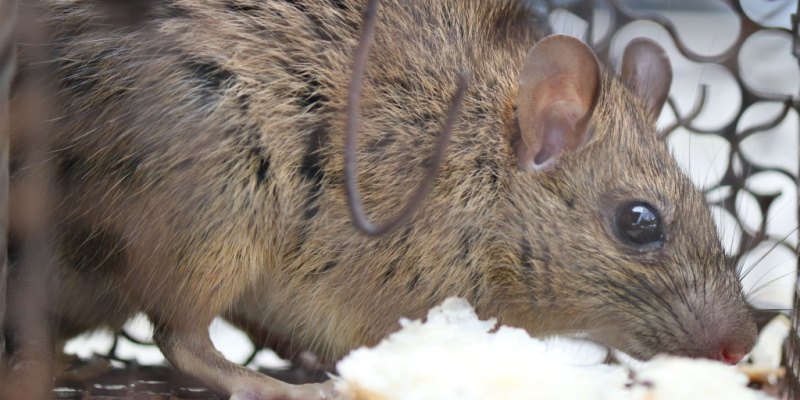
What Are the Most Common Signs of a Rodent Infestation?
If you have never had the displeasure of dealing with a rodent infestation, consider yourself lucky. Rodents are not only pesky, but they can also be dangerous to your health. A rodent infestation is when rodents, like rats or mice, invade your home in search of food and shelter. These furry critters can carry diseases, contaminate food, and damage property.
The Most Common Signs:
- Droppings
If you notice droppings around your home, it's a common sign that you have a rodent problem. Rodents like to nest in dark, secluded places and will leave droppings wherever they travel. Mouse droppings are small and dark, while rat droppings are larger and lighter in color.
- Gnawed holes
If you notice small holes or scratch marks in your walls or baseboards, it's a good indicator that you have a rodent problem. Mice and rats will gnaw on wood and drywall to create nesting materials and to keep their teeth sharp. These animals are also known to urinate and defecate in their nests.
- Urine stains
One common sign of rodent infestation is urine. Urine is a telltale sign that rodents are present because they will mark their territory with it. This can be found on droppings, food, or other areas where they have been active. You may notice stains on the walls or floors, but the biggest sign is the smell. Rodent urine smells really strongly of ammonia and is a tell-tale sign that you may have a rodent infestation.
- Footprints
Rodents are adept at leaving telltale signs of their presence, one of which is footprints. If you see tiny footprints in your home, it's a good indication that you have a problem with rodents. Rodent footprints can be found in various places, including countertops, floors, and cabinets.
- Nesting Materials
Another common sign of a rodent infestation is the presence of nesting materials. Rodents will use any available material to build their nests, including insulation, paper, cloth, and even wood. So if you find shredded nesting materials in your home, it's a good indication that rodents are present.
- Sounds
If you hear strange noises in your home, it could be a sign of a rodent infestation. Rodents are known to make all sorts of noises, from the high-pitched squeal of a mouse to the deep thumping of a rat. They will also scurry along in walls, and you may hear scratching or chewing sounds as well. If you're hearing any of these sounds coming from your walls or ceilings, it's time to call an exterminator.
What to Do If You Suspect a Rodent Infestation:
- Contact a pest control professional
If you think you have a rodent infestation, don't try tackling it yourself—contact a pest control professional immediately. They will be able to identify the type of rodent, figure out how they're getting into your home, and get rid of them quickly and safely. A pest control professional will also be able to help you rodent-proof your home to prevent another infestation in the future. They can seal up any cracks or holes that rodents could use to get inside and advise you on other steps you can take to keep them out.
- Set traps
If you think you have a rodent infestation, the first step is to set traps. This will help you determine how many rodents are in your home and where they are located. Trapping also allows you to monitor the situation and see if the infestation is getting worse or better. There are different types of traps available, so be sure to choose the one that is right for your situation. If you have young children or pets, choose a trap that will not harm them. Once you have set the traps, check them regularly and dispose of any caught rodents properly.
- Seal up entry points
If you suspect a rodent infestation in your home, the first step is to seal up any entry points they may use to get inside. Look for cracks or holes in the foundation, gaps around doors and windows, and any other openings they could squeeze through.
Don't wait until rodents have taken over your home to contact a pest control professional. If you think there may be even one mouse or rat in your house, give them a call—the sooner they're gone, the better. ECPC Pest Control can help you identify the signs, eliminate the rodents, and prevent them from returning! With these steps, you can get rid of your rodent problem for good.
